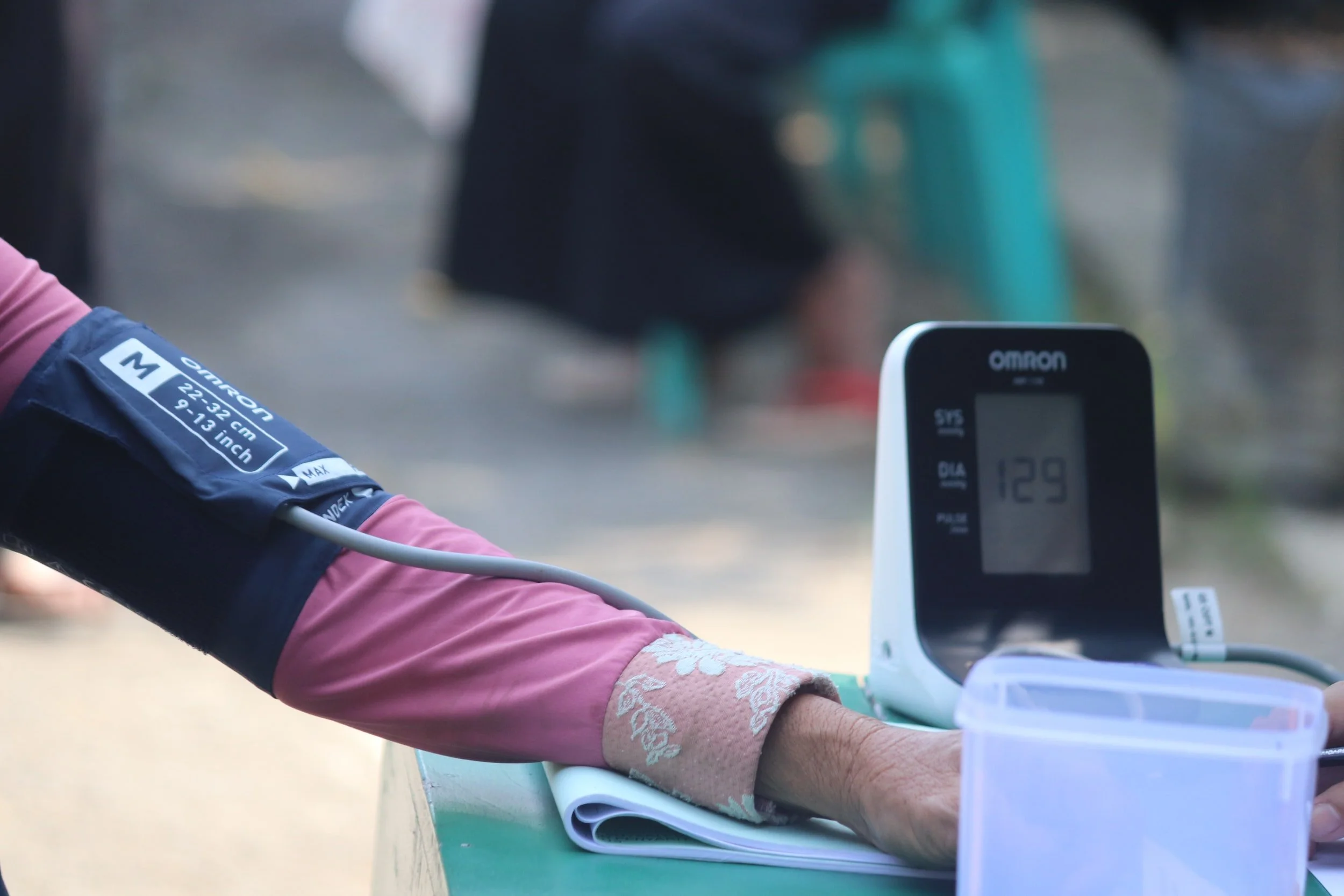Holistic care is a concept that goes beyond traditional medical practices to embrace the entirety of a person's well-being. It acknowledges that true health is more than just the absence of physical ailments; it encompasses emotional stability, mental clarity, and a vibrant spirit. In this article, we delve into the significance of incorporating holistic care, focusing on its three core pillars: physical, emotional, and mental well-being.
Our goal is to help make your job a little bit easier by providing the exact assistance you need.




















